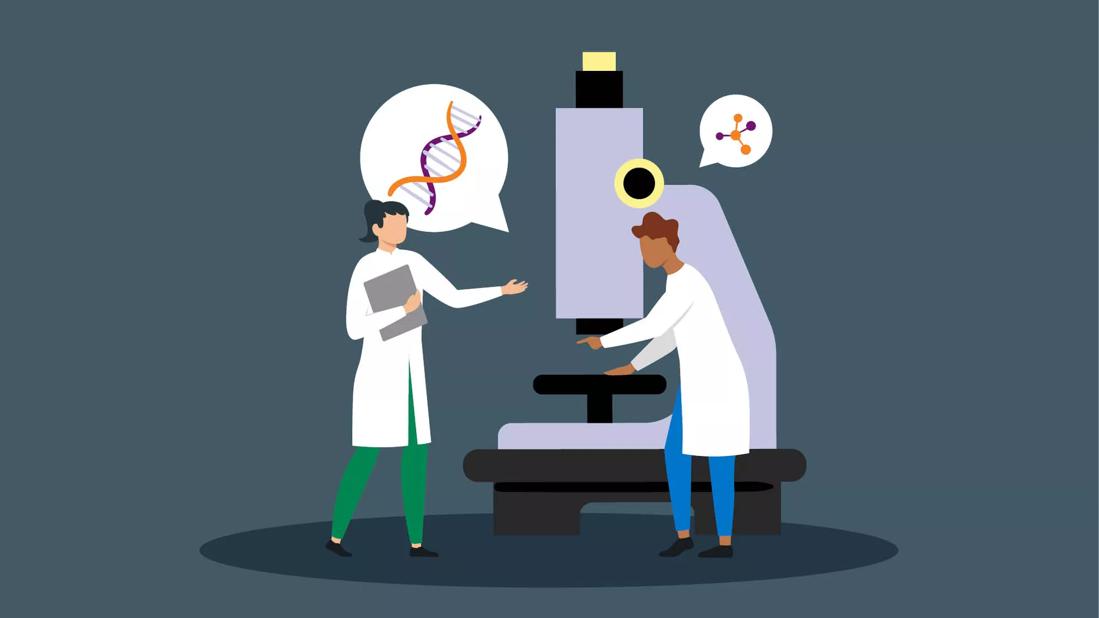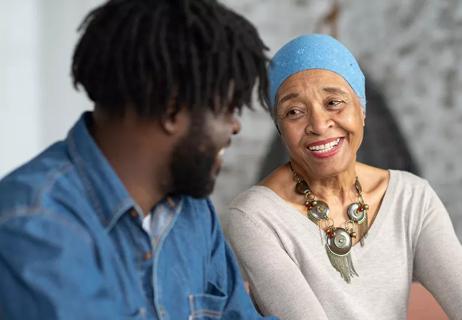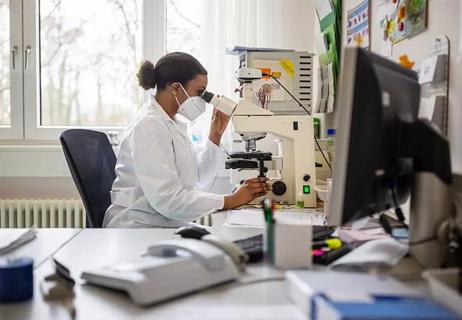This cancer of the blood is rarely passed down, but genetics can help determine risk

Genetics can increase your risk of leukemia, a cancer of the blood, but that doesn’t mean the disease is hereditary. In fact, leukemia running in families is rare. The cellular mutations that can lead to the disease aren’t typically passed from generation to generation.
Advertisement
Cleveland Clinic is a non-profit academic medical center. Advertising on our site helps support our mission. We do not endorse non-Cleveland Clinic products or services. Policy
But your family tree and DNA can offer hints about your chances of getting leukemia, as oncologist Akriti Jain, MD, explains.
Researchers have identified only a few families with an inheritable form of leukemia, says Dr. Jain. So, what causes the disease? That’s still somewhat of a mystery. But there are known risk factors.
Certain genetic mutations, for instance, can increase your leukemia risk. These include:
The likelihood of a future leukemia diagnosis also increases with the following genetic conditions:
If you or a relative have any of these conditions, your doctor may suggest taking action. “If we know someone has a genetic defect, we can send them and their family members to get genetic counseling,” says Dr. Jain.
Advertisement
Because the more you know, the better you and your doctor can monitor and treat the situation for you and your relatives.
Leukemia comes in many forms and can affect anybody. It develops in children and adults (mostly older adults and men). It accounts for more than 3% of new cancer diagnoses.
In most cases, healthcare providers can’t pinpoint an exact cause for leukemia. But certain life circumstances appear to be connected to the disease. You’re more at risk for leukemia if you have:
The search for biological processes and interactions that may lead to leukemia is ongoing.
“There has been an explosion in research into trying to find out how certain changes in DNA can cause normal bone marrow cells to become leukemia cells,” says Dr. Jain.
“We are finding more answers as we get better at performing genetic testing and more about the biological processes that can lead to leukemia.”
Advertisement
Learn more about our editorial process.
Advertisement

Both leukemia and lymphoma are blood cancers — but one is found in your bone marrow, while the other is found in your lymph nodes

7 tips to guide you through their treatment

There are often options, even at age 99

Testing can both reveal the likelihood that you’ll pass on complement 3 glomerulopathy and identify possible treatments

The OR6A2 gene could be behind your dislike of this herb — but with time, your brain may be convinced to like it

Altered genes may cause your heart muscle to thicken

Having a first-degree biological relative with this eye condition raises your risk, but other factors are at play, too

Having a family history of glaucoma is one of the biggest risk factors for developing the condition yourself

Wearing a scarf, adjusting your outdoor activities and following your asthma treatment plan can help limit breathing problems

Your diet in the weeks, days and hours ahead of your race can power you to the finish line

When someone guilt trips you, they’re using emotionally manipulative behavior to try to get you to act a certain way